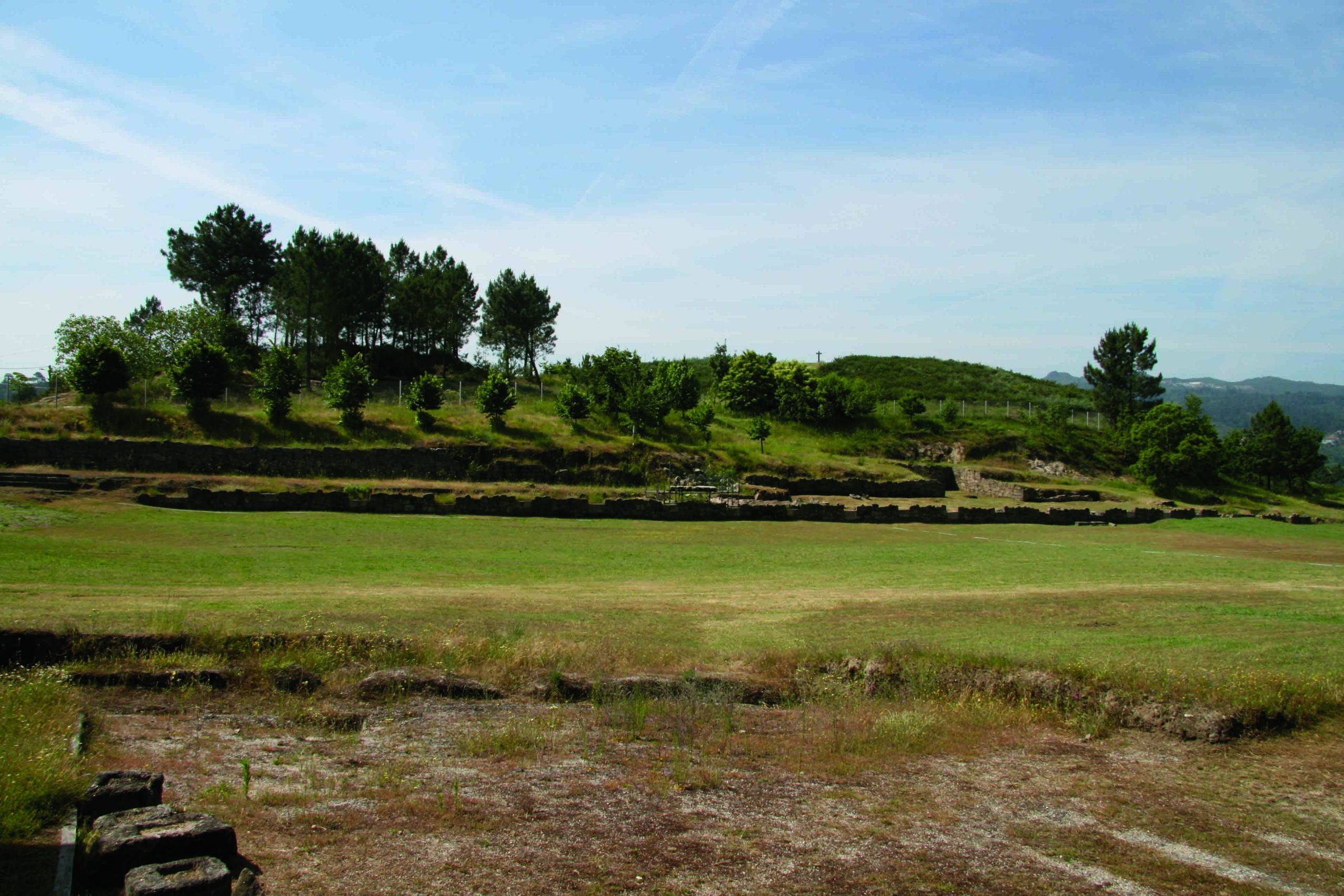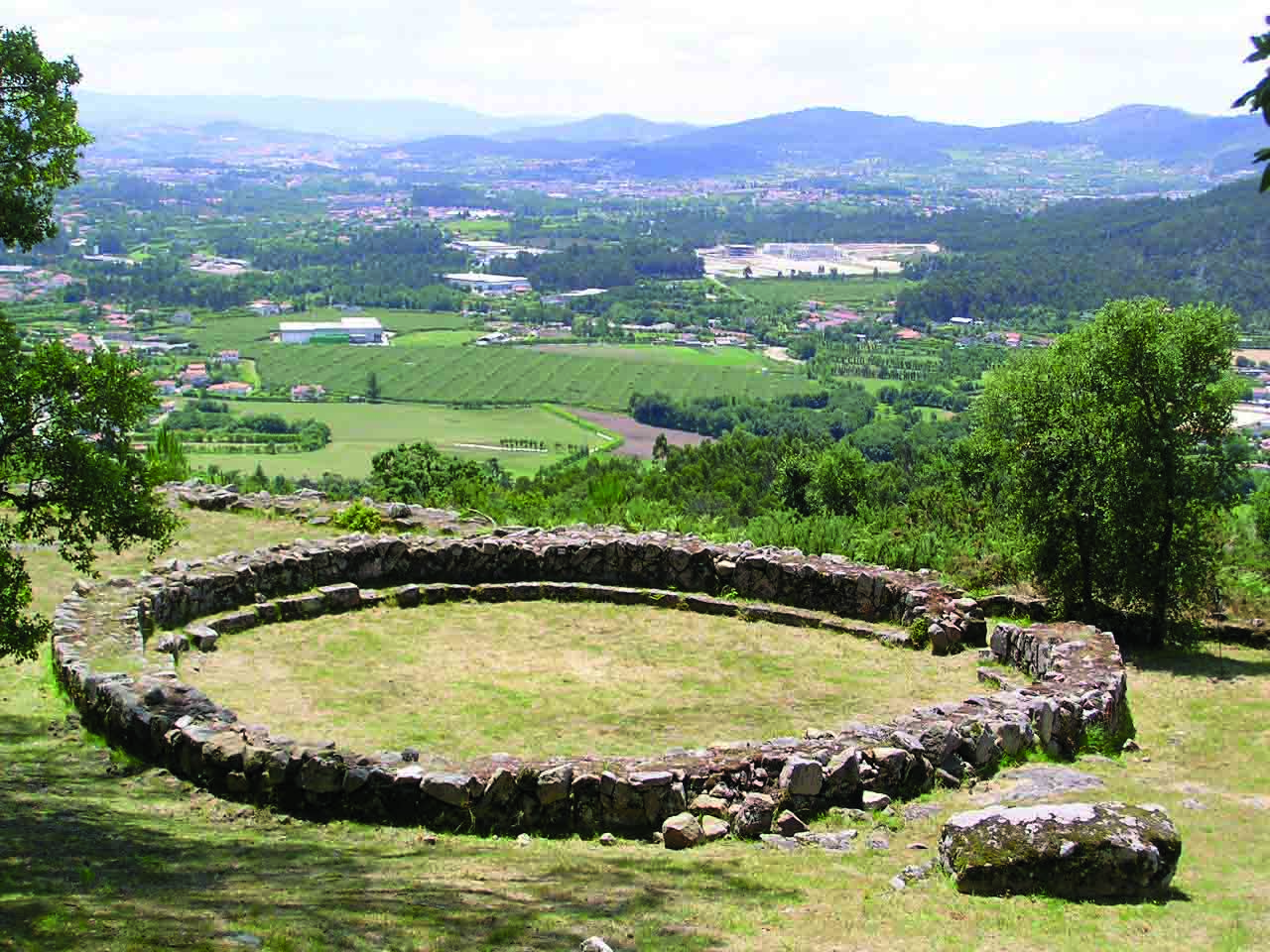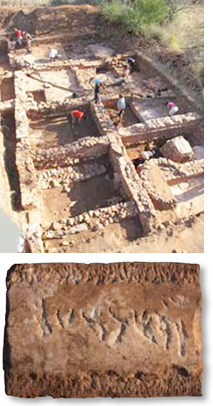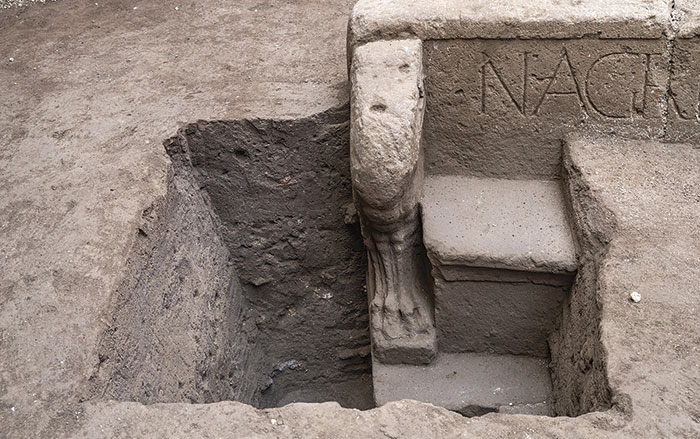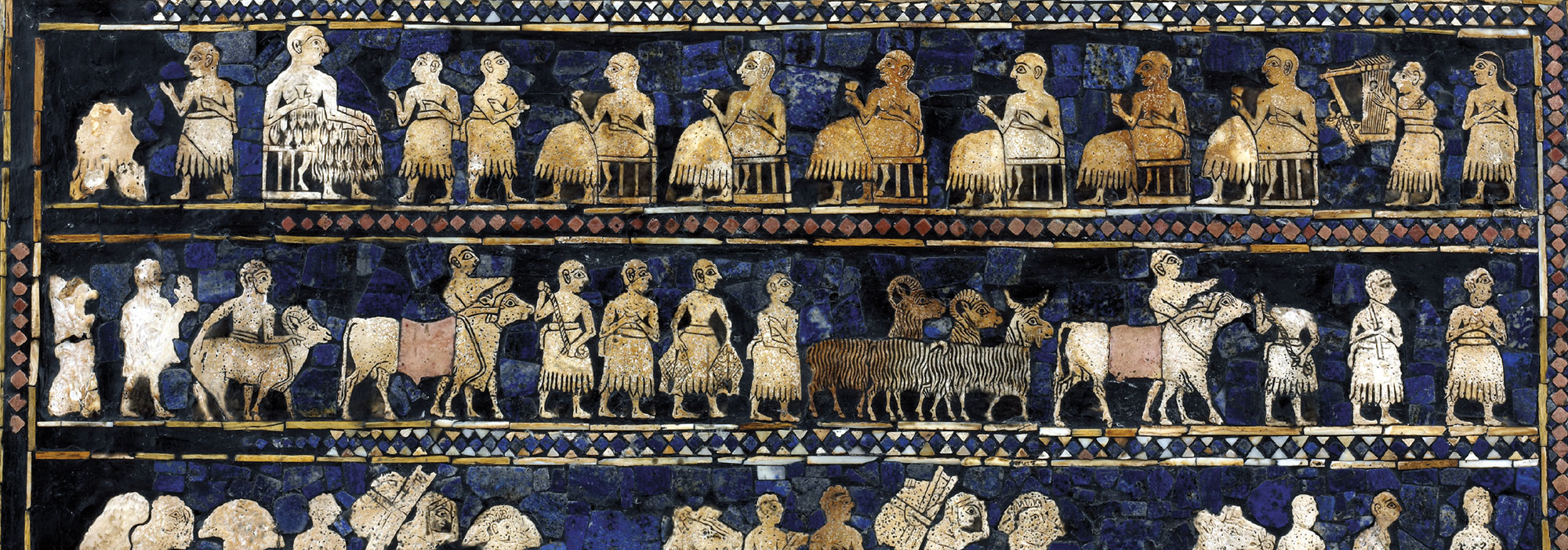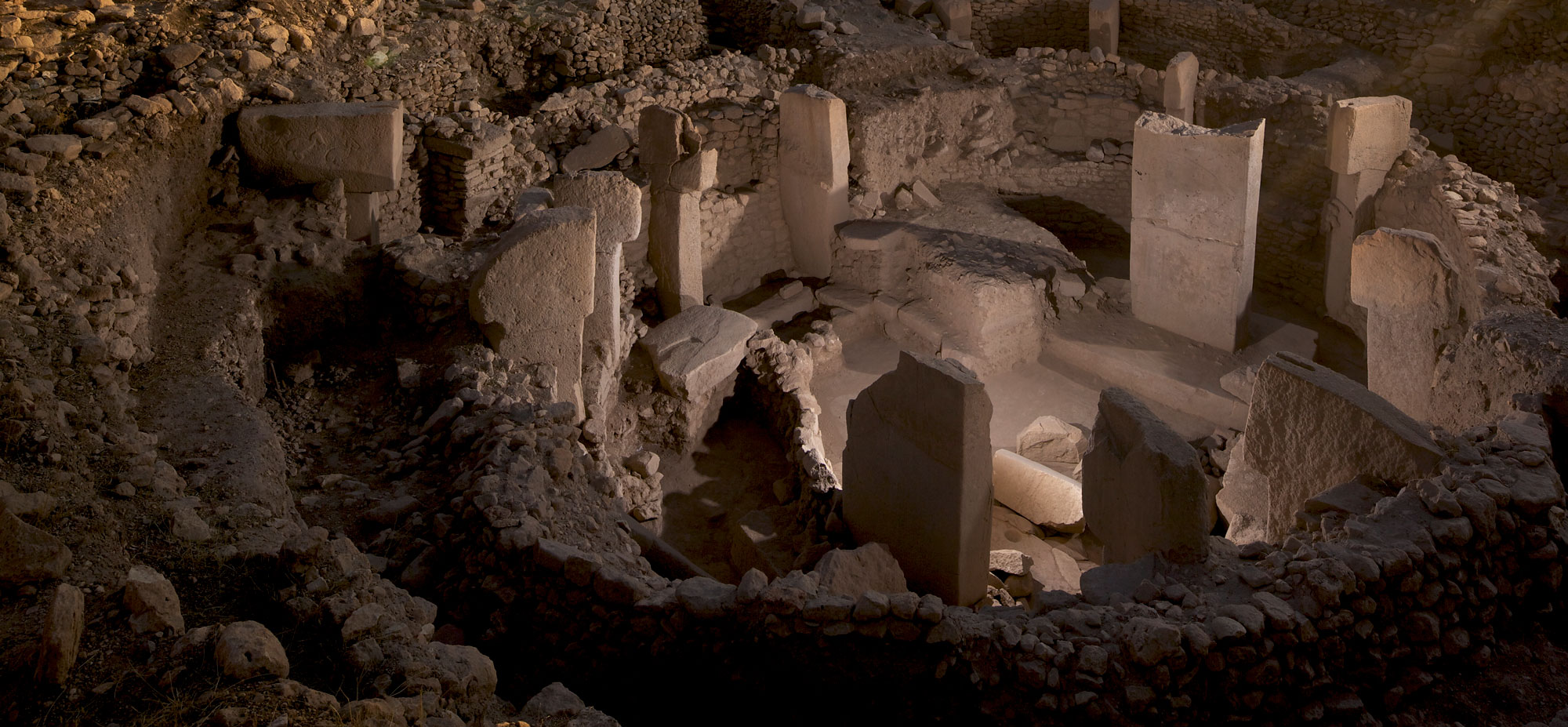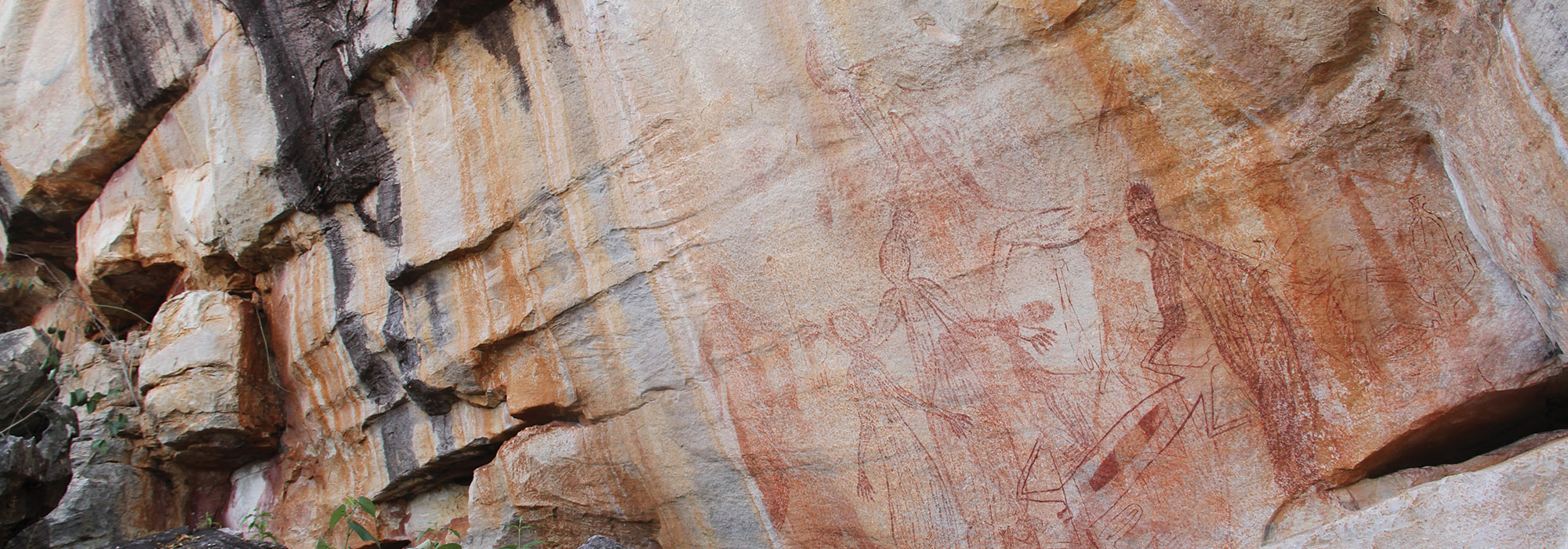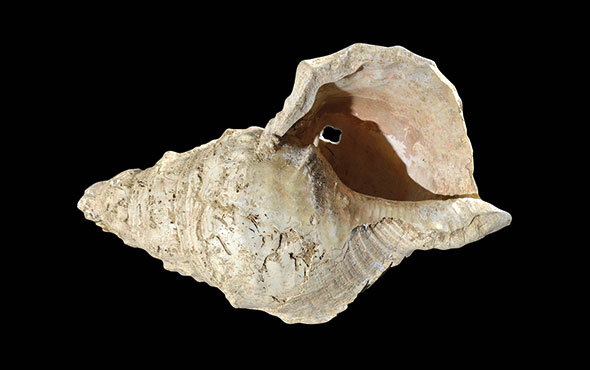
EXETER, ENGLAND—According to a statement released by the University of Exeter, traces of Lomba do Moura, a temporary Roman military camp, have been found in the mountains of northwestern Portugal with remote sensing technology by a team of researchers led by João Fonte of the University of Exeter. Optically stimulated luminescence dating was used to determine that quartz crystals in sediment from foundations at the site were last exposed to sunlight in the second century B.C. The dates suggest the 50-acre camp may have been constructed by Roman consul Decimus Junius Brutus, who entered Gallaecia with two legions in 137 B.C. The camp may therefore be linked to one of the first Roman military campaigns in the region. The soldiers destroyed the fortification when they left. Fonte explained that written sources revealed that Roman troops crossed through different valleys in the region, but their exact route was not known. For more on the archaeology of the Roman army, go to "A Dutiful Roman Soldier."


